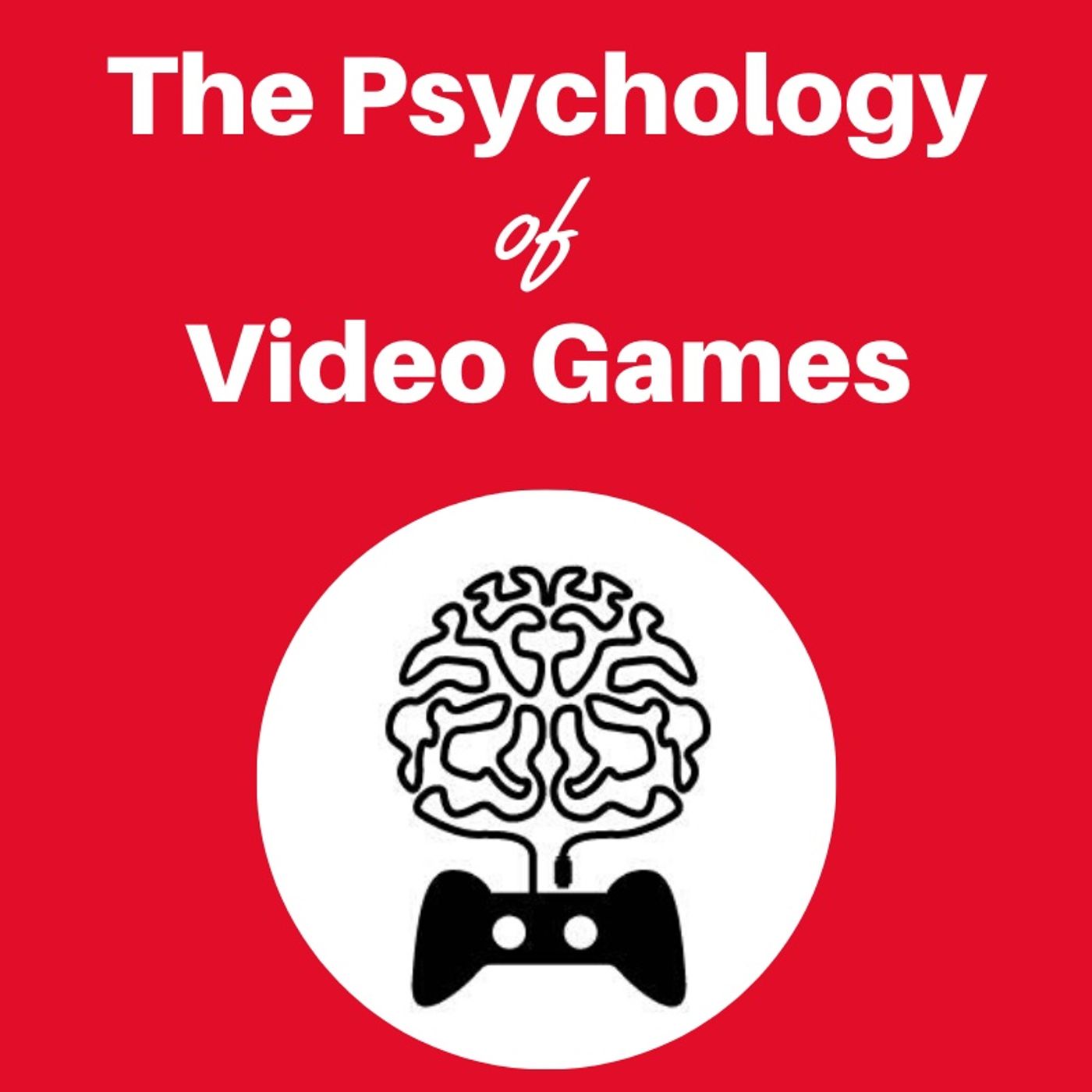

Psychology of Video Games Podcast
Jamie Madigan
Examining how psychology explains why video games are made how they are and why gamers behave as we do.
Episodes
Mentioned books

Jun 1, 2020 • 1h 3min
Episode 60: Take This (dot org)
I mean, wouldn't it be nice if there were organizations out there that were dedicated to helping people in the gaming communities cope, be healthy, and get the help they need? Wouldn't it be great if there were someone offering aid in our quest to get through life healthy, happy, well prepared? Well, I'm going to talk to someone from one such organization that has adopted the mission to do just that. “Robot Motivation” by The Polish Ambassador, licensed under Creative Commons: CC BY-NC-SA 3.0One Sly Move by Kevin MacLeod. Link: https://incompetech.filmmusic.io/song/5759-blippy-trance License: http://creativecommons.org/licenses/by/4.0/

May 1, 2020 • 58min
Episode 59: What is a Games Researcher?
People with psychology degrees fill a lot of roles in the gaming industry, including researchers working within a game development company. I talk to one such researcher who works at Riot Games, maker of League of Legends and Valorant, about what she does, how she got where she is, and what advice she has for those interested in charting a similar course.“Robot Motivation” by The Polish Ambassador, licensed under Creative Commons: CC BY-NC-SA 3.0Blippy Trance by Kevin MacLeod. Link: https://incompetech.filmmusic.io/song/5759-blippy-trance License: http://creativecommons.org/licenses/by/4.0/

Apr 1, 2020 • 48min
Episode 58 - The Economics of Online Games
Just as video games can provide great examples of concepts from psychology, they can also illustrate concepts from neighboring fields. Like economics! In this episode, my guest expert walks us through his adventures in using basic knowledge of economics to wreak havoc (and have fun) in a massively multiplayer online game. And what kinds of issues designers of these kinds of games have to take into consideration.

Mar 1, 2020 • 57min
Episode 57 - Mental Models in League of Legends
Mental models are representations that help people understand and predict systems or situations such as a match in a competitive game. My guest expert this episode reports on his research into understanding the differences between the mental models of League of Legends players at different levels of expertise and accomplishment. Can understanding how these mental models are structured and developed help players become better and suggest ways that game designers can facilitate such development?

Feb 2, 2020 • 48min
Episode 56 - Game to Grow
How therapeutic Dungeons & Dragons sessions are reaching people who need help in an engaging way.

Jan 4, 2020 • 1h 1min
Podcast 55 - Psychology of Level Design
What are some of the ways that video game level designers look to psychology for helping players can navigate, move through, and make sense of their virtual worlds?

Dec 1, 2019 • 49min
Podcast 54 - Sexualization in Games
Should you expect playing as a sexually objectified avatar like Lara Croft to impact women's attitudes towards their own bodies or to create other harmful attitudes? My guests this episode engaged in what they called "adversarial collaboration" to run a study and find out. One didn't think they would find an effect from playing as Mrs. Croft. The other did. Find out who was right.

Nov 1, 2019 • 54min
Podcast 53 - Online Relationships (Rebroadcast)
Are friendships and other relationships formed in online games substitutes for offline relationships? Are they better?

12 snips
Oct 2, 2019 • 59min
Podcast 52 - Being Indistractable
Welcome to part two of this two part miniseries on Psychology of Games summer reading. In this episode I talk with author and consultant Nir Eyal about how to use psychology and other methods to avoid being distracted by video games and other technology when you don't want to be. It's all in his new book, Indistractable: How to Control Your Attention and Choose Your Life, available now.Nir discusses the psychology behind distraction and its opposite, which he calls "traction." Along with this, we talk about specific strategies for getting more traction and when it's okay to be distracted by video games, social media, and other technology.

Sep 7, 2019 • 1h 8min
Podcast 51: Lost in a Good Game
Psychology of Games Summer Book Club begins with an interview with Dr. Pete Etchells, author of the newly released Lost in a Good Game.


